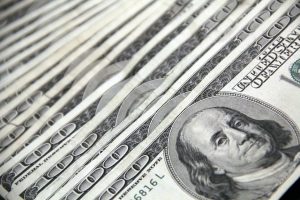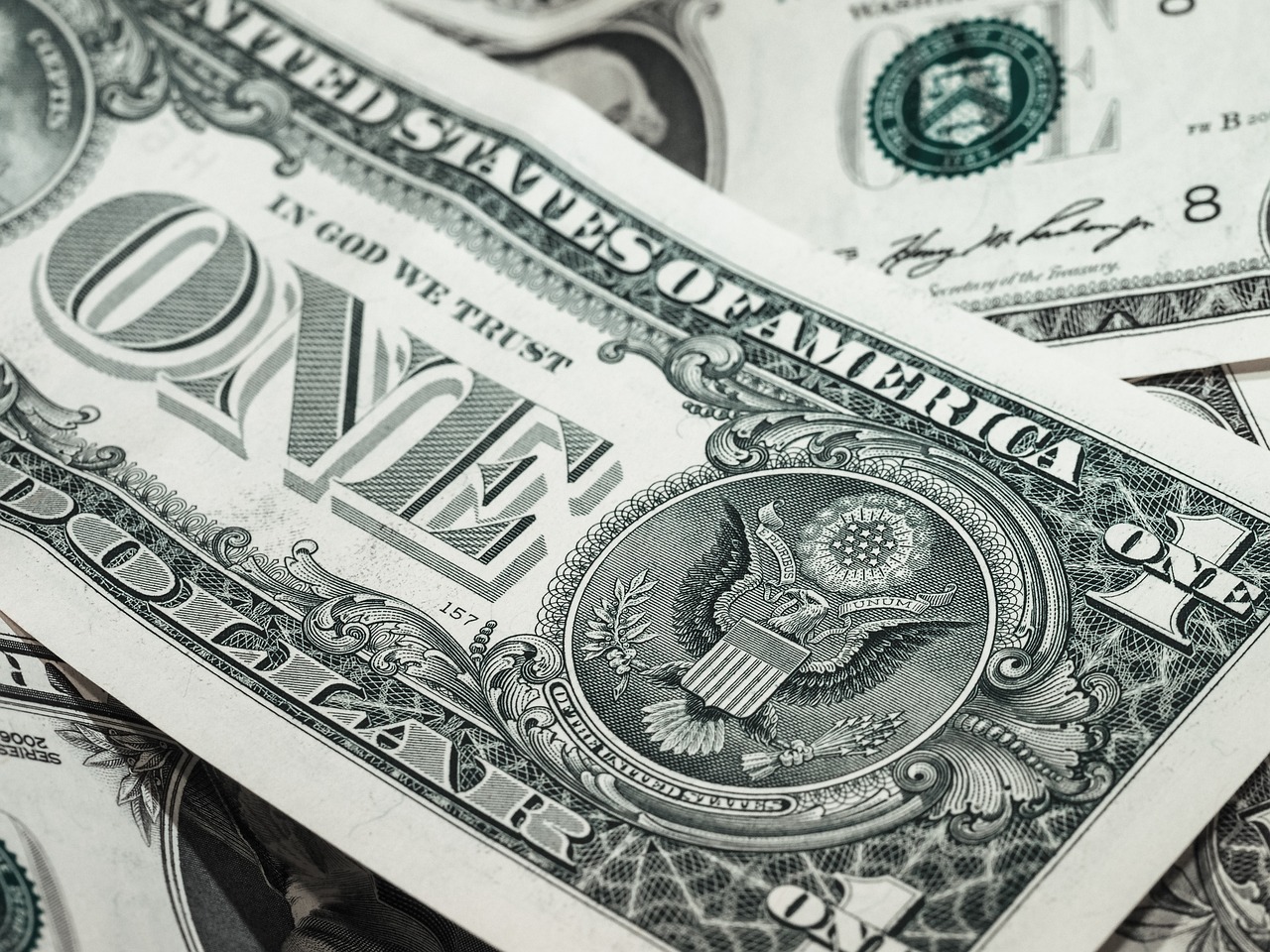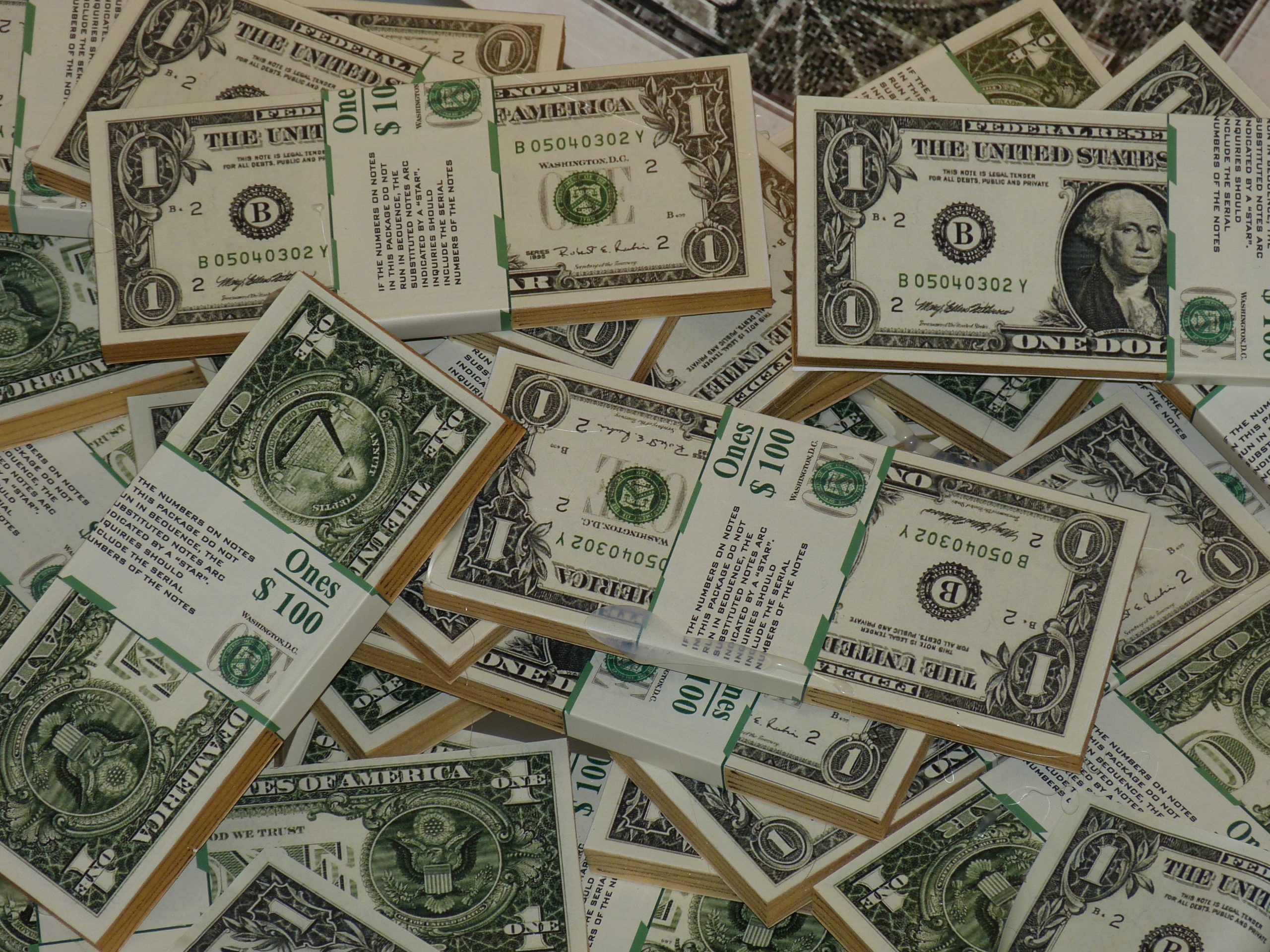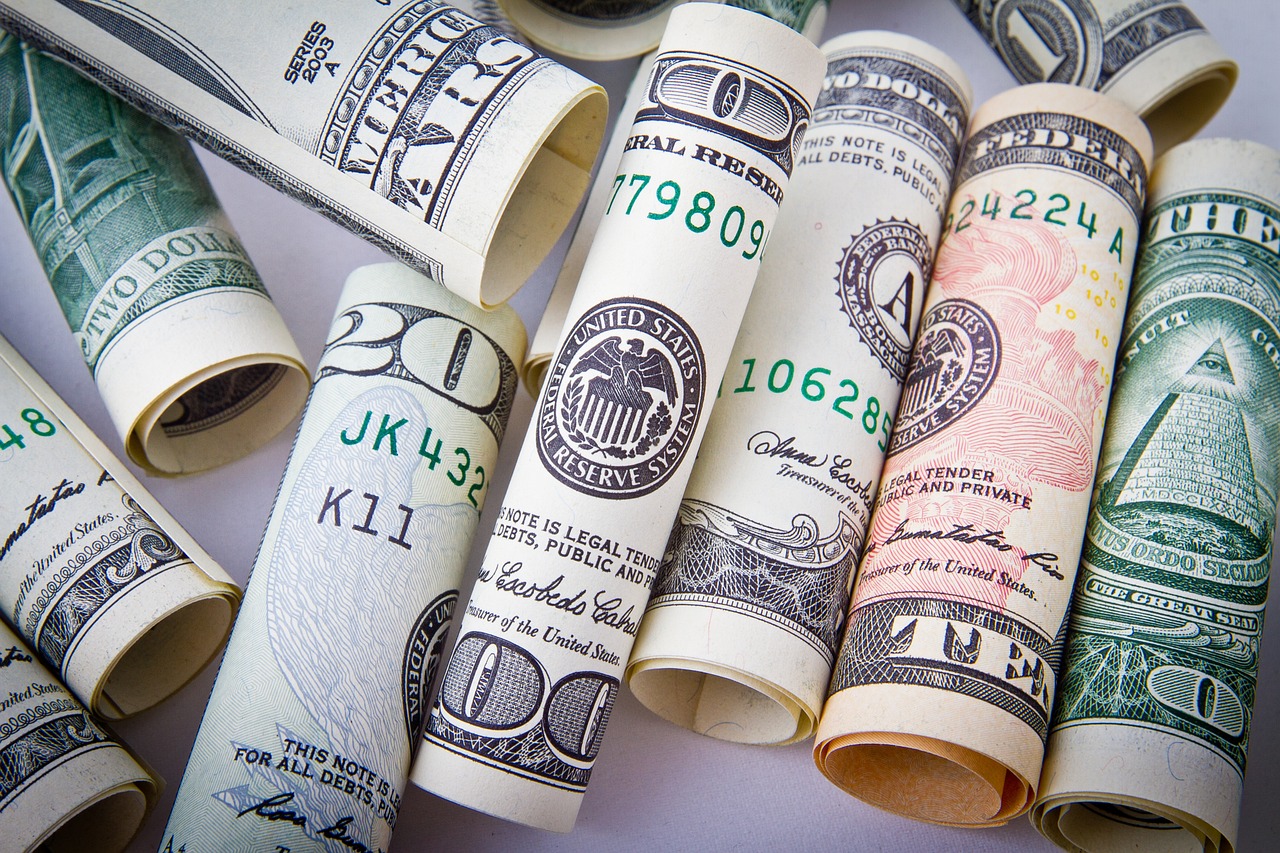The digital revolution has brought forth a myriad of innovative investment vehicles, with Non-Fungible Tokens (NFTs) and digital art at the forefront. As technology evolves, traditional investment paradigms are being challenged, and new avenues for wealth creation are emerging. This article delves into the world of NFTs and digital art, examining their rise, the opportunities they present, and the challenges investors face.
Understanding NFTs and Digital Art

What Are NFTs?
Non-Fungible Tokens (NFTs) are unique digital assets verified using blockchain technology. Unlike cryptocurrencies such as Bitcoin or Ethereum, which are fungible and can be exchanged on a one-to-one basis, NFTs are distinct and cannot be exchanged on an equal basis. Each NFT has a unique identifier that makes it different from any other token, even if they look similar.
The Emergence of Digital Art
Digital art encompasses artworks created using digital technology. This form of art can include digital paintings, music, videos, and other multimedia creations. With the advent of NFTs, digital artists can now tokenize their works, providing a means for authentication, ownership, and transferability.
The Rise of NFTs and Digital Art
Historical Context
The concept of digital art has been around since the 1960s, but it gained significant traction with the advent of personal computers and digital creation tools in the late 20th century. The introduction of blockchain technology and the creation of NFTs in the 2010s revolutionized the digital art market by addressing issues of ownership and provenance.
Key Milestones
- 2014: The first NFT, “Quantum,” was created by Kevin McCoy.
- 2017: The launch of CryptoKitties, a blockchain-based game, popularized NFTs.
- 2021: Digital artist Beeple sold an NFT artwork for $69 million at Christie’s auction house, bringing mainstream attention to NFTs and digital art.
Investment Opportunities in NFTs and Digital Art
Benefits of Investing in NFTs
- Unique Ownership: NFTs provide verifiable proof of ownership and provenance, making it easier to authenticate and transfer digital assets.
- Scarcity and Exclusivity: The uniqueness of each NFT can drive up its value, particularly for limited edition or one-of-a-kind pieces.
- Liquidity: NFTs can be bought and sold on various online marketplaces, providing liquidity for investors.
- Diversification: Investing in NFTs allows diversification beyond traditional asset classes like stocks, bonds, and real estate.
Digital Art Marketplaces
- OpenSea: The largest NFT marketplace, offering a wide range of digital assets including art, domain names, and virtual worlds.
- Rarible: A decentralized marketplace for NFTs, where users can create and sell their digital art.
- SuperRare: A platform focused on high-quality, single-edition digital artworks.
Challenges and Risks
Volatility
The NFT market is highly volatile, with prices for digital art fluctuating significantly. This volatility can be attributed to the speculative nature of the market and the lack of historical pricing data.
Legal and Regulatory Issues
The legal status of NFTs varies by jurisdiction, and there are ongoing debates about their classification as securities or commodities. Regulatory uncertainty can pose risks to investors.
Environmental Concerns
The energy consumption associated with blockchain technology, particularly proof-of-work consensus mechanisms used by Ethereum, has raised environmental concerns. Efforts are being made to transition to more sustainable methods, but this remains a contentious issue.
Market Saturation
The rapid growth of the NFT market has led to an influx of creators and digital artworks, increasing competition and potentially leading to market saturation. Investors must carefully evaluate the quality and uniqueness of assets.
Case Studies
Beeple’s “Everydays: The First 5000 Days”
In March 2021, digital artist Beeple sold an NFT of his artwork “Everydays: The First 5000 Days” for $69 million at Christie’s. This sale marked a significant milestone in the digital art world, highlighting the potential for high returns on investment in NFTs.
CryptoPunks
CryptoPunks, a series of 10,000 unique collectible characters on the Ethereum blockchain, are among the earliest and most popular NFTs. Some CryptoPunks have sold for millions of dollars, exemplifying the value that can be derived from early investment in pioneering digital art projects.
Future Prospects
Technological Advancements
Advancements in blockchain technology, such as the transition to Ethereum 2.0 and the development of layer-2 scaling solutions, are expected to address some of the current challenges, including high transaction fees and environmental impact.
Mainstream Adoption
As major brands and celebrities enter the NFT space, mainstream adoption is likely to increase. This could lead to greater acceptance and integration of NFTs in various industries, including entertainment, fashion, and real estate.
Evolution of Digital Art
The digital art landscape is continuously evolving, with new forms of expression and innovation emerging. Augmented reality (AR), virtual reality (VR), and artificial intelligence (AI) are expected to play a significant role in the future of digital art, providing new opportunities for creators and investors alike.
Analysis Table: Opportunities and Challenges of NFTs and Digital Art
| Aspect | Opportunities | Challenges |
|---|---|---|
| Ownership | Verifiable proof of ownership and provenance | Legal and regulatory uncertainties |
| Value | Scarcity and exclusivity can drive up value | Market volatility and speculative nature |
| Marketplaces | Various platforms provide liquidity and accessibility | Market saturation and competition |
| Environmental Impact | Efforts towards sustainable blockchain solutions | High energy consumption of current blockchain technology |
| Technological Advancements | Improved scalability and lower transaction costs | Rapid technological changes can lead to obsolescence |
| Mainstream Adoption | Increased acceptance and integration across industries | Potential for regulatory clampdown and backlash |
Comparative Table: NFTs vs. Traditional Art Investments
| Feature | NFTs | Traditional Art |
|---|---|---|
| Ownership | Digital certificates of ownership on blockchain | Physical certificates or provenance records |
| Liquidity | High liquidity through online marketplaces | Lower liquidity, often requiring auction houses or private sales |
| Accessibility | Accessible to a global audience through digital platforms | Limited by geographical location and physical presence |
| Value Determination | Market-driven, influenced by rarity and demand | Influenced by artist reputation, historical significance |
| Storage | Digital storage, no physical space required | Requires physical space and conditions for preservation |
| Provenance | Easily traceable on blockchain | Requires thorough documentation and verification |
| Market Volatility | High, driven by speculation | Relatively stable, but can be influenced by economic factors |
Conclusion
The emergence of NFTs and digital art as innovative investment vehicles presents exciting opportunities for investors seeking diversification and exposure to the digital economy. While the market is not without its challenges, including volatility, regulatory uncertainty, and environmental concerns, the potential for high returns and the evolution of digital art make it a compelling area for investment. As technology advances and mainstream adoption increases, the landscape of NFTs and is poised for significant growth, offering new possibilities for wealth creation in the digital age.
Investors must remain vigilant, conducting thorough research and staying informed about market trends and regulatory developments. By understanding the unique characteristics and dynamics of NFTs and digital art, investors can make informed decisions and capitalize on the opportunities presented by this burgeoning market.











